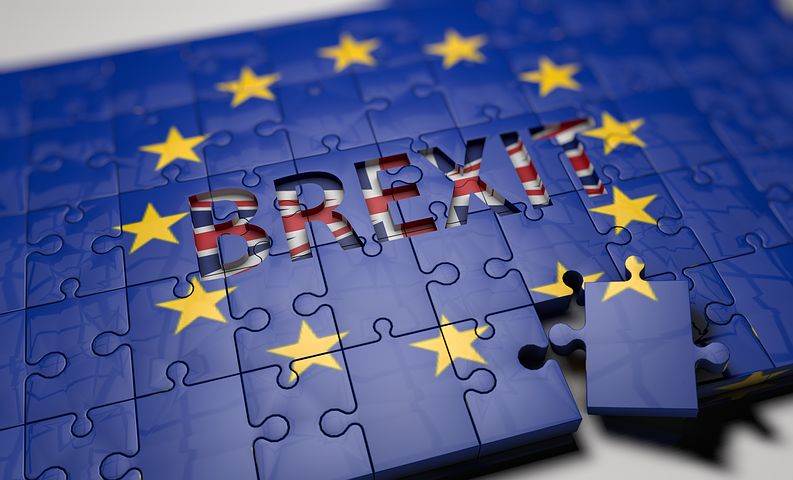 One of the selling points of Brexit was that it would enable the UK to “cut EU red tape”, freeing UK businesses from an unnecessary administrative burden. Proponents of a “bonfire of red tape” never said what measures they wanted to see done away with, of course. It was always an illusory promise. When trading with a non-EU company, the administrative requirements are set by WTO and government, so that won’t change. The whole point of the single market within the EU is that it facilitates trade within the bloc such as trading between members becomes as easy, as “frictionless” as doing business with another company domestically. Obviously, leaving the EU will disrupt this system, increasing the burden of red tape, rather than relieving it.
One of the selling points of Brexit was that it would enable the UK to “cut EU red tape”, freeing UK businesses from an unnecessary administrative burden. Proponents of a “bonfire of red tape” never said what measures they wanted to see done away with, of course. It was always an illusory promise. When trading with a non-EU company, the administrative requirements are set by WTO and government, so that won’t change. The whole point of the single market within the EU is that it facilitates trade within the bloc such as trading between members becomes as easy, as “frictionless” as doing business with another company domestically. Obviously, leaving the EU will disrupt this system, increasing the burden of red tape, rather than relieving it.
To illustrate this point, Her Majesty’s Custom and Revenue (HMRC) introduced a scheme, the Transitional Simplified Procedures scheme (TPS) in February (baring in mind that Brexit should have gone ahead at the end of the following month!) which was designed to facilitate requirements for companies importing goods to the UK from the EU. TPS ought to obviate the need for businesses to make declarations at the border for imported goods and defer duty on the good for 12 months. However, by the end of last month, less than 10% of the 240000 businesses who need to register had done so, just 17800 registrations.
As a pre-requisite for TPS, firms need to obtain an “Economic Operator Registration Identification” (EORI) number from HMRC – this was not required for businesses that traded solely within the EU before, of course. Only 69000 of the 240000 businesses that will need an EORI number currently have one. Whilst HMRC systems can cope with 11000 registrations per day and the process itself only requires 10 minutes, it shows that much of British business is not prepared for Brexit. This is despite the fact that HMRC wrote to 145000 VAT-registered firms (from September 2018 onwards) that trade solely within the EU advising them that they would need an EORI number. Some 95000 non-VAT-registered businesses will also need an EORI number, taking the total concerned to 24000.
In the event of a “no deal” Brexit, there will be no transitional period and if, as Boris Johnson, the favourite to win the Conservative leadership race, claims, the UK will leave the EU with or without a deal on 31st October, these requirements will come into force on 1st November 2019.
